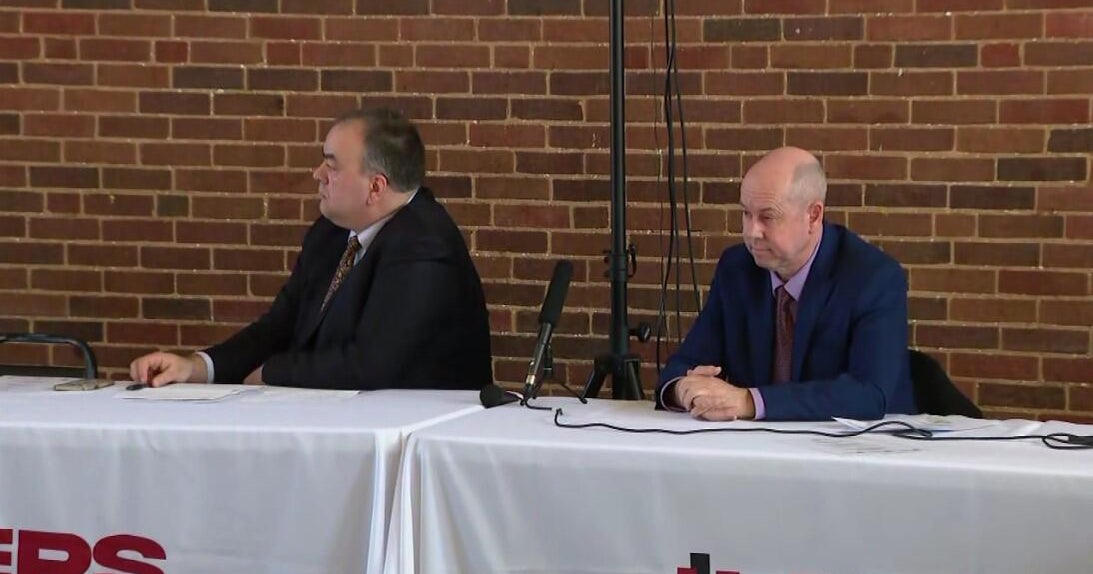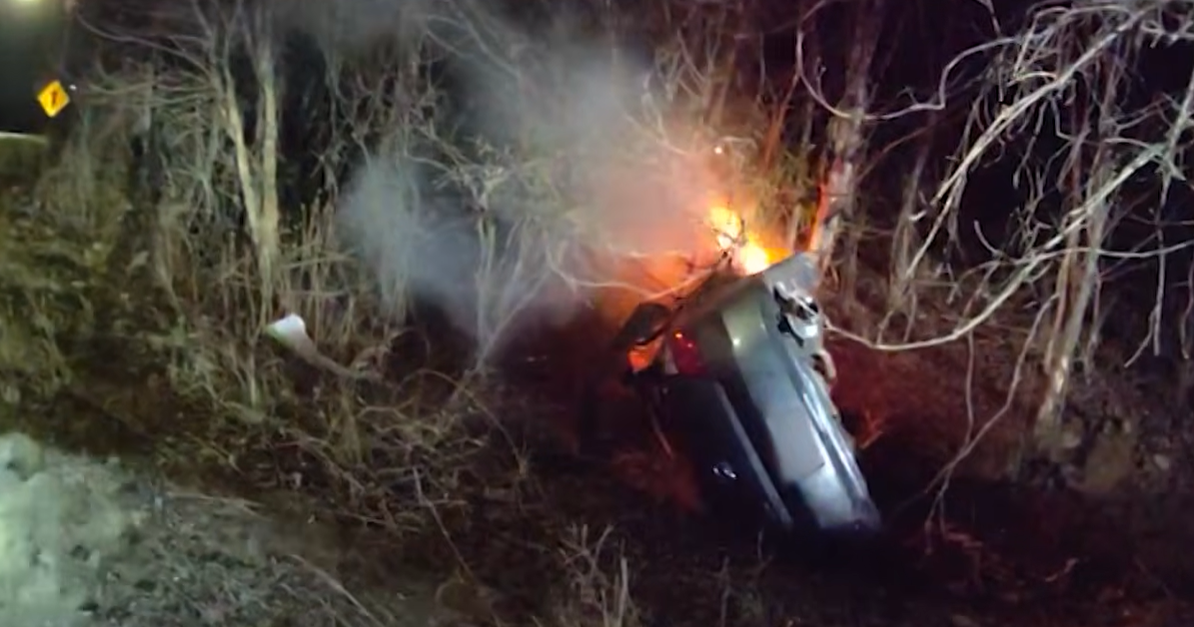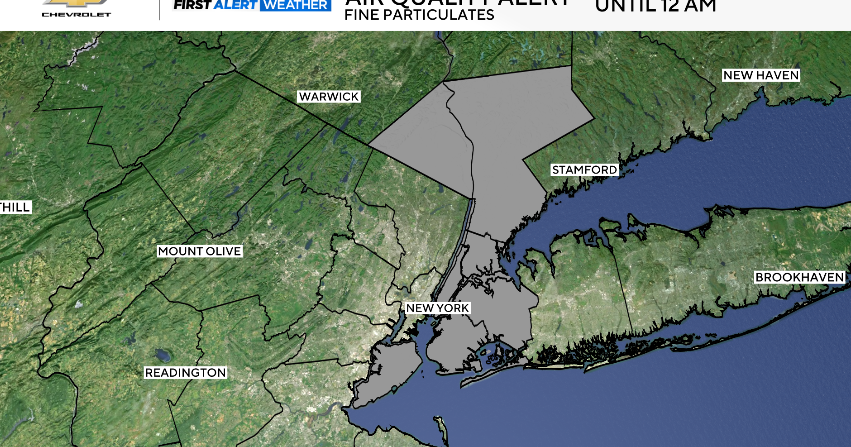Tarrant County Expands 2013 West Nile Virus Plan
TARRANT COUNTY (CBSDFW.COM) - Like other counties across North Texas, Tarrant County is expanding its West Nile plan as it heads into a new virus season.
During Tuesday's Tarrant County Commissioners Court meeting, Chief Epidemiologist Dr. Anita Kurian said the plan is to double the number of spray trucks and quadruple the number of mosquito monitor traps. 'This year we are proposing to have 150 fixed-location traps. We are also proposing to have 50 additional traps, that will be moving traps," she said.
Those 50 traps will be placed in response to field observations or complaints from citizens. "It is significantly more aggressive in terms of surveillance, and response," she added.
The new Tarrant County approach is more constant. Dr. Kurian said the county needs to, "Not just limit ourselves to the seasonal surveillance activities, but to have sort of a year-round mosquito trapping and testing." She said an adjustment in the timeline is also needed. "In the past we've begun our West Nile Virus seasonal surveillance in the month of June. We are proposing to move that timeline to the month of May."
Last season Tarrant County, like much of North Texas, was hit hard by West Nile. In fact, officials said the outbreak "overwhelmed the local resources that were available for surveillance and response activities."
Some 279 human cases were diagnosed in the county, with 11 deaths reported.
County officials will also change the way information, concerning the seriousness of a virus outbreak, is collected. "We will be moving away from using human case data, and use the mosquito surveillance data to primarily drive our response activities," Kurian said.
It's a change that some residents fully support, while still expressing reservations about treatment options. "It's a much more positive approach than waiting until after the fact, and thinking about things like aerial spraying, which I am totally against," says Ruth Karbach.
Commissioner Andy Nguyen applauded the future response plan. "So that way we can have a more proactive response instead of waiting until the humans are infected, [which] by then might be a little bit too late."
The county's focus on West Nile will also kick in earlier—with stepped up surveillance activities beginning May 1st, or earlier if needed.
The county health department will also monitor mosquito activity year round. In fact, the first traps were put out last week. No infected mosquitoes were trapped.
Still, regardless of where infected mosquitoes are found, the county has authority to spray only in unincorporated areas. So, county health officials plan to meet with representatives of the individual cities in the coming weeks to encourage participation in the plan.
Health officials say they crafted the plan after reviewing the county's response to the outbreak last summer, and after consulting with a number of experts in the field.
"We are hoping for a better response… we hopefully can cut down on the mosquito activity quicker and therefore cut down on the human cases," says Dr. Kurian.
Tarrant County Commissioners unanimously approved the plan and the $263,000 cost to launch the new effort.
Also Check Out:
- Plano Police Warn Hispanic Men Of Violent Attacks
- Disabled Weatherford Man Files Lawsuit Against Six Flags
- Escaped Prisoner Shot & Killed By Law Enforcement
- Dueling Bobcats Caught On Video In Carrollton
- Civil Rights Complaint Filed In Pencil Shavings Incident
MOST VIEWED GALLERIES
- PHOTOS: Your Pet Pictures
- PHOTOS: 105.3 The Fan In New Orleans - Day 5
- PHOTOS: Top 10 Cars We Miss







